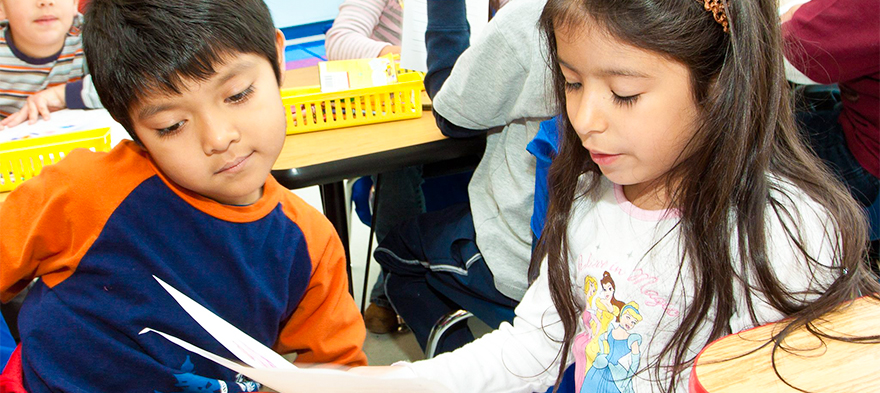
Apr 5, 2016 12:00:00 AM
Marc Porter Magee is the founder and CEO of 50CAN: The 50-State Campaign for Achievement Now. Before founding 50CAN in January 2011, Marc served as the chief operating officer for ConnCAN. He lives in Alexandria, Virginia, with his wife, three kids and two scruffy dogs.
Few issues in education spark more tension and debate than standardized testing. Are they a tool for equity or a burden on students? A necessary check on school systems or a flawed measure of...
Charter schools are public schools with a purpose. Operating independently from traditional school districts, they're tuition-free, open to all students, and publicly funded—but with more flexibility...
Despite the benefits of a diverse teaching force, prospective teachers of color fall out of our leaky preparation pipeline at every stage: preparation, hiring, induction, and retention. Here’s what...
Ed Post is the flagship website platform of brightbeam, a 501(c3) network of education activists and influencers demanding a better education and a brighter future for every child.
© 2020-2025 brightbeam. All rights reserved.
Leave a Comment